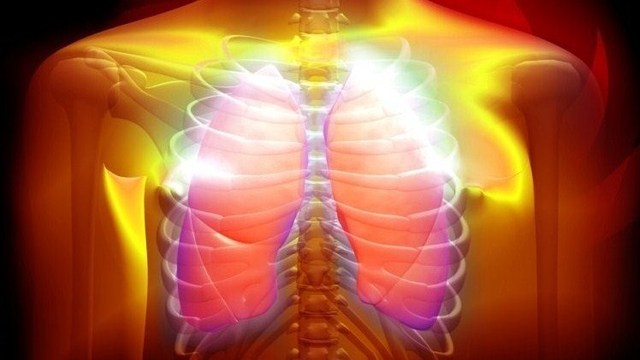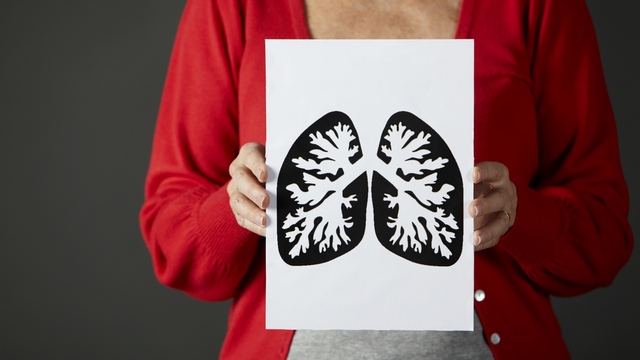If you have been diagnosed with chronic obstructive pulmonary disorder, or COPD, you may wish to discuss the following five questions with your physician:
1. What medicines will I be prescribed to treat my COPD condition?
Since there is no cure for COPD, medication and management of symptoms is prescribed. A number of combined therapies are recommended, some of which are:
• Stopping exposure to air pollutants and tobacco smoke immediately. This helps to slow the rapid progression of the disease.
• Use of air purifiers at home and other forms of dust control
• Prescription broncho-dilators that help towards relieving shortness of breath and wheezing by dilating and relaxing the airway duct muscles. Both Beta 2 Agonists and Anticholinergics are prescribed for relief.
• Corticosteroids such as Fluticasone and Prednisone, etc., may also be recommended if the doctor deems it necessary to reduce airway inflammation indirectly.
• Apart from medication, supplemental oxygen may be administered to overcome breathing difficulties and to provide the right amount of oxygen to the system. This can be achieved using an oxygen mask or a nasal cannula connected to an oxygen cylinder.
• Pulmonary rehabilitation is also done in parallel to best manage the condition through counseling, weight reduction through exercises and physiotherapy.
• Lung transplants are suggested for severe COPD cases only. However a Bullectomy is common where the large air-filled spaces are removed. Similar surgery may be performed to remove the damaged parts of the lung, giving a chance to the healthier parts to expand.
2. Do you think I will need any surgical or other invasive procedure?
This depends on your doctor. S/he may recommend it if s/he considers it necessary after your physical check-up, report analysis and concluding after a discussion with you and other doctors, going through your medical history, and checking the extent and type of damage to the lungs.
3. Who are in the risk groups for COPD?
People who smoke many cigarettes or cigars a day or have been smoking for many years are a risk group for COPD. Similarly, those exposed to second-hand cigarette smoke are equally at risk. Workers who work at sites which have harmful air pollutants where their lungs are exposed to such foreign matter, fumes and chemical vapors are also a risk group. Those who aspire stomach contents may also get COPD. Older age groups, especially those above 45 years of age are more susceptible to COPD. People with auto-immune diseases or those or immune-suppressants are also at risk. Genes in rare cases play a role.
4. What are the prevention techniques for COPD?
Prevention tips include:
• Give up smoking
• Avoid exposure to hazardous air pollutants
• Get vaccinated against influenza
• Keep your airway passage clean
• Exercise
• Practice controlled breathing
• Eat healthy
• Have regular medical check-ups
• Take medicines as per prescription and doctor’s advice
5. What is the prognosis for COPD?
Unfortunately COPD does not have a good prognosis. COPD patients deteriorate with time and in quite a few cases it leads to fatality. The poor prognosis is brought on by low stamina to workout, shortness of breath, being over or underweight, respiratory failures, continued smoking, frequent aggravation of symptoms and airflow obstruction.
While the patient is suffering from COPD they may also face other complications that arise from out of their condition, such as hypertension, lung cancer, heart conditions, respiratory infections or even depression due to the severely restrictive lifestyle as a result of the COPD.
ALL INFORMATION GIVEN IN THIS ADVOCACY SHEET IS TO BE CHECKED WITH YOUR DOCTOR BEFORE IMPLEMENTING THEM OR TAKING THEM AS STANDARD OR VERIFIED.
Mamta Singh is a published author of the books Migraines for the Informed Woman (Publisher: Rupa & Co.) and the upcoming Rev Up Your Life! (Publisher: Hay House India). She is also a seasoned business, creative and academic writer. She is a certified fitness instructor, personal trainer & sports nutritionist through IFA, Florida USA. Mamta is an NCFE-certified Holistic Health Therapist SAC Dip U.K. She is the lead writer and holds Expert Author status in many well-received health, fitness and nutrition sites. She runs her own popular blogs on migraines in women and holistic health. Mamta holds a double Master's Degree in Commerce and Business. She is a registered practitioner with the UN recognised Art of Living Foundation. Link: http://www.migrainingjenny.wordpress.com and http://www.footstrike.wordpress.com






Add a CommentComments
There are no comments yet. Be the first one and get the conversation started!